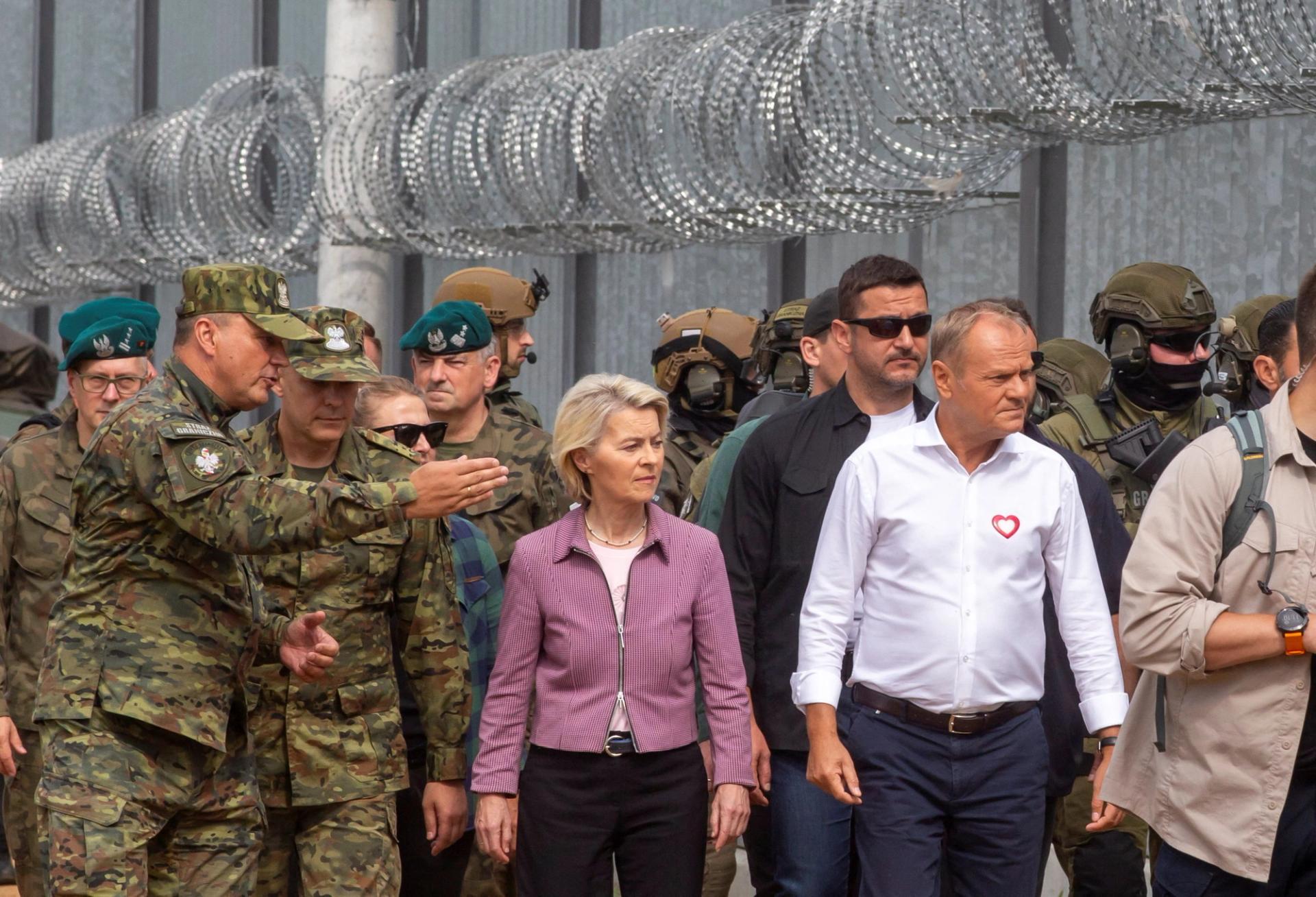EU Prioritizes Defence Against Russian GPS Interference
The European Union is ramping up efforts to defend against increasing Russian GPS jamming and spoofing incidents, particularly affecting Eastern Europe and aviation safety.

A recent surge in GPS jamming and spoofing incidents across Eastern Europe, widely attributed to Russian interference, has prompted the European Union to intensify its defensive measures. The issue gained renewed urgency after a high-profile incident involving European Commission President Ursula von der Leyen, whose flight into Bulgaria was disrupted by suspected Russian GPS interference, forcing pilots to rely on paper maps for landing.
Escalating Threats and EU Response
Reports of GPS disruptions have multiplied since Russia’s invasion of Ukraine in 2022, affecting not only military operations but also civilian infrastructure and aviation. In a May 2025 letter, European ministers highlighted that the Baltic Sea region has been especially vulnerable to these attacks, which have been traced primarily to Russian sources. The EU’s defense commissioner announced plans to deploy additional low-orbit satellites to bolster the resilience of European navigation systems, aiming to mitigate the risks posed by jamming and spoofing.
The Kremlin has officially denied involvement in the most recent incident, calling media reports “incorrect.” However, European officials remain unconvinced, citing a pattern of interference that aligns with geopolitical tensions and Russia’s ongoing military campaign in Ukraine. Von der Leyen, upon landing, characterized Russian President Vladimir Putin as “a predator” and underscored the need for strong deterrence.
Strategic Implications and Broader Security Concerns
The EU’s renewed focus on navigation security is part of a broader strategy to ensure continued support for Ukraine and safeguard European airspace. Experts warn that GPS interference not only threatens flight safety but can also undermine critical infrastructure, emergency response, and military readiness. The defense commissioner emphasized that enhancing satellite capabilities is just one part of a multi-layered approach, which may also include diplomatic pressure, cyber defense, and closer coordination with NATO allies.
Analysts point out that while technical solutions are vital, the EU must also contend with the challenge of attribution and the political complexities of confronting Russia. The persistent nature of these attacks suggests a deliberate campaign designed to destabilize and intimidate, raising the stakes for European security policymakers.